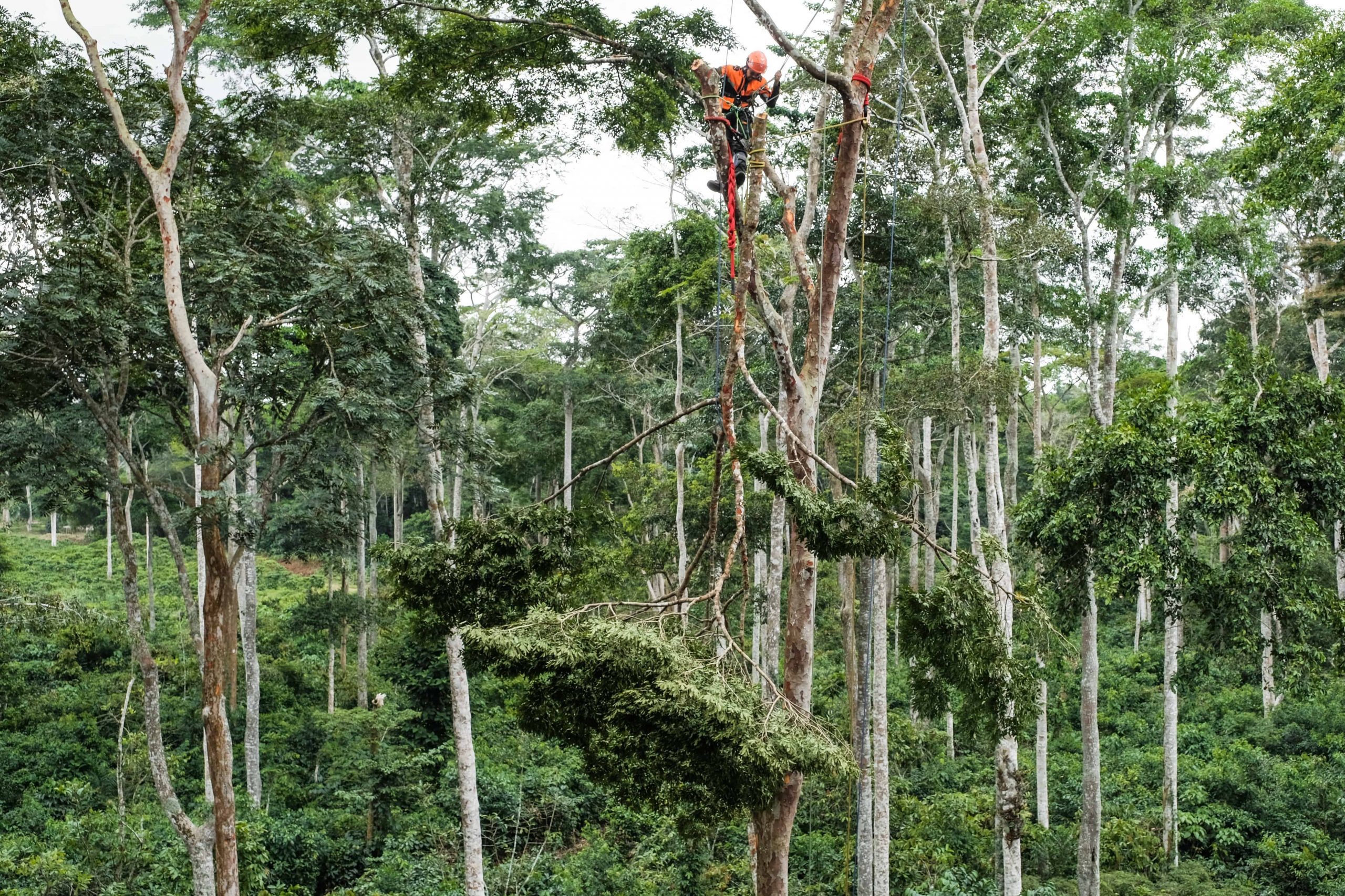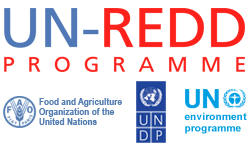
Democratic Republic Of Congo
Takes Steps To Strengthen
Safeguards Reporting
Democratic Republic of Congo (DRC) continues its efforts to finalize Warsaw Framework elements by working to complete its Safeguards Information System (SIS). In 2021, thanks to UNEP’s technical assistance and strong involvement from national counterparts, led by the Executive Secretariat of National REDD+ Funds (FONAREDD), the country achieved important milestones towards a complete and operational SIS.
DRC is the second largest tropical forest country in the world with 152 million hectares of forest. Almost 70 percent of the country’s land area is covered by forest, representing 60 percent of the Congo Basin Forest area. In 2018, forest cover for the whole country was 61.5 percent, with a deforestation rate of 0.17 percent. Main drivers of deforestation and forest degradation are slash-and-burn agriculture, wood exploitation and charcoal production. This is exacerbated by the combined effect of population growth and deteriorating life conditions.
Since 2009, the country has committed to reduce forest loss in its territory through REDD+. In 2012, the country developed its National REDD+ Strategy with an aim to stabilize forest cover to 63.5 percent by 2030. In 2015, they developed a National REDD+ Investment Plan. A National Forest Monitoring System (NFMS) was also developed and in 2018, a Forest Reference Emissions Level (FREL) was submitted to the United Nations Framework Convention on Climate Change (UNFCCC). DRC was one of the first countries in the world to implement a National REDD+ Fund in 2015 and the first country in Africa to sign an Emission Reduction Payment Agreement (ERPA) with the Forest Carbon Partnership Facility (FCPF) for the Mai-Ndombe jurisdictional programme in 2018.
Despite all these efforts, one of the key requirements to access Results-based Payments – the SIS – was missing. This gap became apparent during the submission of a RBP proposal to the Lowering Emissions through Accelerating Forest Finance (LEAF) Coalition in July, 2021. By then, DRC’s work on safeguards was underway, including defining national, social and environmental standards as an interpretation of Cancun Safeguards, the identification of principles, criteria and indicators to ensure the integration and compliance of social and environmental considerations and the development of a Social and Environmental Strategic Assessment and Management Framework (SESA and ESMF respectively), as well as complementary policy frameworks following the requirements under the FCPF. However, DRC still needed an operational SIS and to draft the first summary of information on how safeguards have been addressed and respected.
As such, UNEP provided support to the country in 2021 to finalize the SIS and the first summary of information. The country now has its SIS website (), which documents the safeguards-related advances and showcases important achievements. In addition, an initial version of the country’s first summary of information was developed. A national validation workshop will be held in 2023 by the FONAREDD Executive Secretariat, with leadership from the Ministry or Environment and Sustainable Development. The workshop will include key REDD+ stakeholders, including representatives from government institutions and civil society organizations, to launch the webpage and to validate and receive feedback on the first summary of information.

